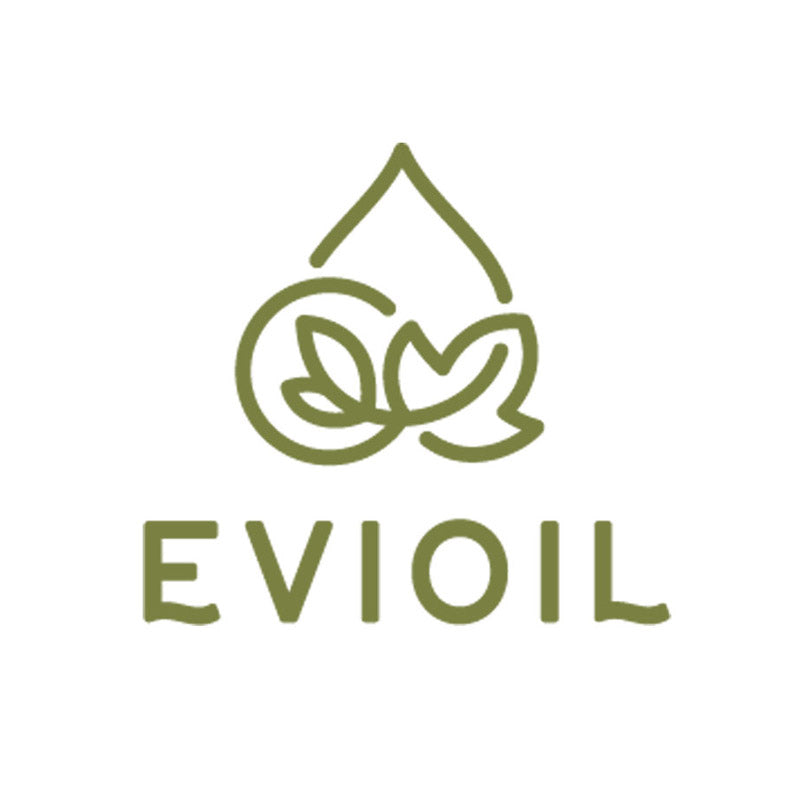Imagine buying three full bags of food at the grocery store and immediately throwing one away. In this way, we illustrate very vividly what happens with food.
Approximately 1/3 of the food produced for human consumption globally is lost or wasted! If discarded and wasted food were a country, it would be the third largest greenhouse gas emitter. Food waste alone causes 8% - 10% of global greenhouse gas emissions. Greenhouse gases are one of the main causes of climate change!
On average, every Slovenian throws away 68 kg of food per year! This data only takes into account food that has already been processed and placed on store shelves. To this we must also add the loss of food that occurs in the entire production process (at farmers, in the factory and in distribution).
When we waste food, we damage the environment twice. For the production of food, we use resources such as land, water and fuel, which are intended for the production and transport of food. In addition, additional greenhouse gas emissions are created when food ends up in landfill.
The higher up the supply chain food loss occurs, the more carbon intensive the loss and waste. As an example, let's look at the production of tomatoes.
Growing tomatoes requires the resources of land, water and the resources they need for farming. To produce tomato sauce, it is necessary to first grow tomatoes, deliver these tomatoes to the factory where they are processed into sauce, and then deliver the sauce to the store where it is available to the customer. Additional resources are consumed in the processing, packaging, transportation and retailing process. That's why store-bought tomato sauce uses more resources than tomatoes picked directly from the field. Throwing away tomato sauce wastes additional resources that have accumulated along the supply chain.
Food waste is generated along the entire production chain – from the production of basic raw materials to the final consumer. Depending on where the waste is generated, we use different expressions:
- Food loss occurs along the food supply chain:
- In the process of producing basic food, during harvesting, slaughtering, and catching, part of the unsuitable raw material is discarded.
- Fruits and vegetables that are not the right size, shape and color are already removed during sorting and in most cases thrown away.
- During the food processing process, parts of the raw material or only a certain part of the raw material is used. For example losses in the food processing process are grains in the production of beer, grapes in the production of wine, cocoa beans in the production of chocolate, ...
- Waste food is food thrown away by traders, restaurants, consumers:
- Food products that are before or after their use-by date and are discarded by traders or final consumers.
- Used food and food scraps thrown away in households or restaurants.
The goal of the United Nations is to halve food waste at the end consumer and retailers, and to reduce food loss in supply chains. To this end, the EU countries adopted the "Farm to Fork Strategy", which defined as an important part of the strategy the reduction of food losses and waste, and proposes the establishment of legally binding targets for the reduction of food waste throughout the European Union. What is the contribution of products under the Evioil brand? Have you ever heard of the term "upcycled food production"? In "upcycled" production it is the production of food from the so-called i. food losses that occur during the production of basic foods or in the process of processing basic foods into food products. We produce new, high-quality food products from raw materials that would otherwise become waste, using existing supply chains. These raw materials still contain a rich source of nutrients, which are really a shame to throw away.With high production standards, they produce tasty and healthy food products With such an approach to food production, we solve two problems: Therefore, the products produced in this way have a positive impact on the environment. When we fully use the basic foods that we have produced by consuming different resources, we are building a more sustainable food system and thus a better future for us and for our planet. In Slovenia, 17,500 hectares of land are planted with vines, on which between 84,000 and 90,000 tons of grapes are grown annually. Grapes are mainly used for wine production, and the main by-product of wine production is grape pomace, which represents 15-20% of the weight of the grapes. Grape pomace consists of skin, stalks and pips, with the proportion of grape pomace in pomace being 25%. This means that we have around 4,500 tons of grape pomace available annually, from which we can produce high-quality oil and flour, without using additional resources such as land, water and other resources necessary for farming. The pomace that remains after pressing the grapes is mostly taken to landfills or to biogas plants, a smaller part is used in brandy making or as fertilizer. By throwing away or burning the grapes, they also throw away the grape skins, which contain a lot of vitamins and antioxidants. Above all, they contain an excellent oil consisting of 89% unsaturated fatty acids. Grape seeds are actually a superfood! In our company, we separate the pomace from the pomace and use them to produce high-quality grape pomace oil, which mainly contains unsaturated fatty acids and grape pomace flour, which is rich in fiber. We offer both products under the Evioil brand. We realize how precious the earth's resources are and how important it is to protect the health of our planet. Therefore, we incorporate various elements of the circular economy into our operations and the process of producing products from grape pomace with the aim of reducing the amount of waste and optimizing the efficiency of resource consumption. How do we do it? In products under the Evioil brand, we use the whole grape seed for food purposes, which:
We are committed to a sustainable approach by reducing food waste. By producing grape seed oil and grape seed flour, we want to contribute our part to a healthier planet, which is good for all of us who live on this planet. We believe that with a different approach to food production and the strong will of all producers and consumers, we can create a more sustainable food production system and, as a result, a healthier environment. We invite you to the path of a more sustainable future, which is tasty and healthy and bears the name Evioil!

